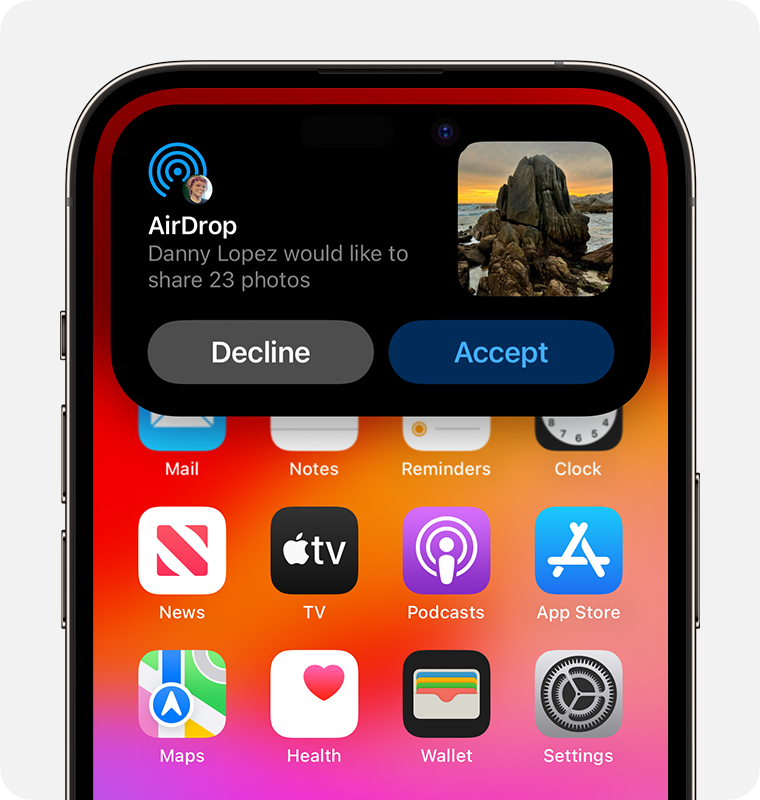

It’s a sad day. E.g. former MEP Felix Reda did incredible work around the time of the 2017 EU copyright reform and helped the protests through transparency.
Now with the risk of badly written laws enabling (atm. restricted) surveillance, we’d have needed them more than ever. Luckily there’s still MEPs from the Czech Republic in the EU parliament.




That’s the problem right there. SD card storage is so cheap, but the manufacturers don’t include a slot for it.